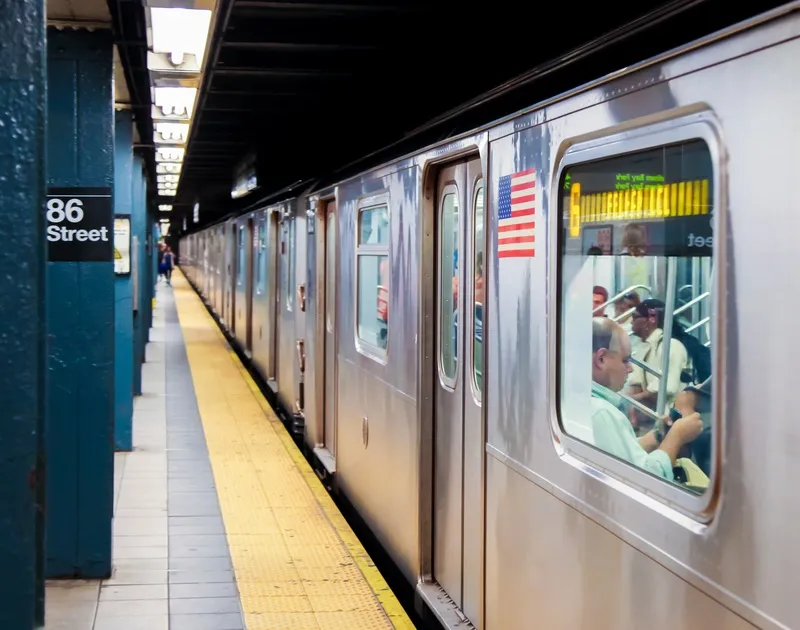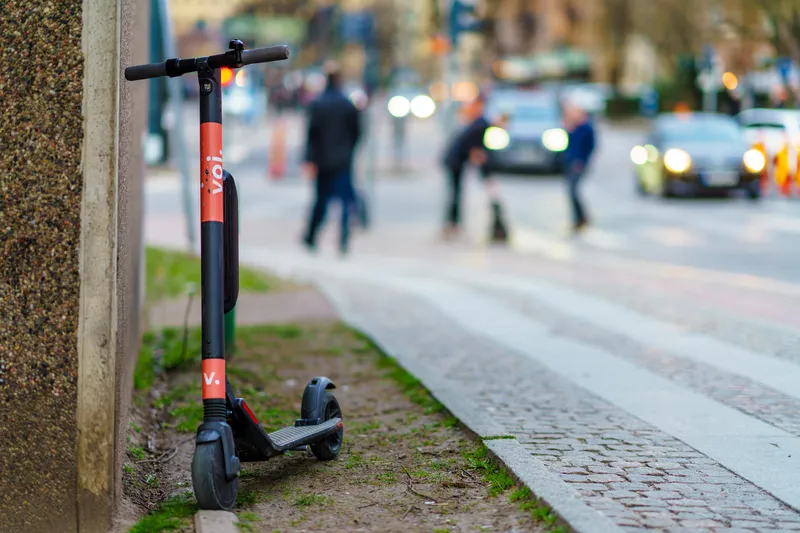
Automated bike lane enforcement has come to the Californian city of Sacramento.
One hundred Sacramento Regional Transit (SacRT) buses are already equipped with Hayden AI's cameras to identify and report vehicles illegally parked along bus stops - and now this technology will be used to target drivers who should not be in bike lanes too.
It works in exactly the same way: when a violation occurs, the system captures a short video and photo of the vehicle’s licence plate, along with the time and location.
At present, drivers just receive warning notices in the mail - but fines will begin from Friday 13 June.
The city says it is the first in the US to enforce bike lanes in this way. As with bus stop enforcement, Duncan Solutions is providing the violation processing software.
Assembly Bill 361 (AB 361) authorises California cities to use forward-facing cameras for enforcing parking violations in bike lanes and transit zones.
“We’re proud to be the first city in the country to use this technology to help keep our bike lanes clear,” said Staci Hovermale, parking services manager for the City of Sacramento. “This tool helps us enforce existing parking rules more effectively, improving safety for cyclists and ensuring everyone shares the road responsibly.”
“Keeping bike lanes clear is an important part of making Sacramento a place where everyone can thrive,” says SacRT general manager/CEO Henry Li. “This programme will help improve safety and travel times for everyone on Sacramento roads, no matter how you travel around.”
All evidence is reviewed and "ultimately approved or rejected" by parking enforcement officers with the City of Sacramento.
Lisa Schule, executive chairwoman of Hayden AI. “Using AI technology to protect bike lanes is a transformative shift for urban mobility and safety.”










